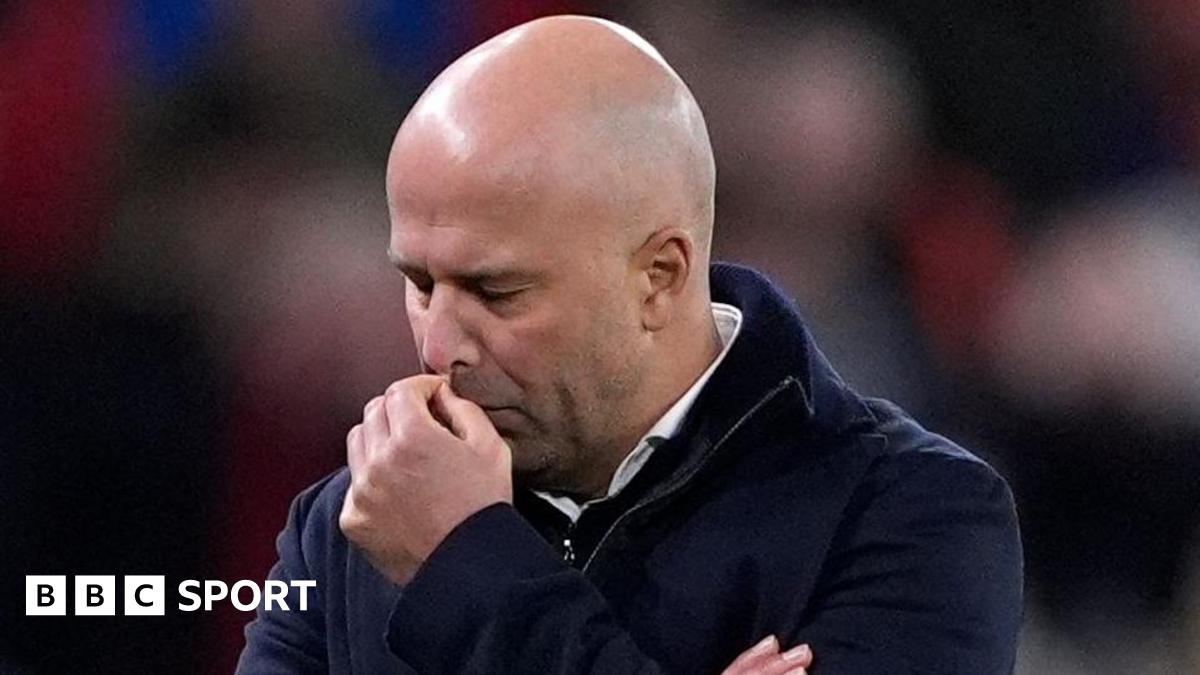By Nick Hoult
July 29, 2025 — 11.40am
England’s sullen and ungracious conduct at the end of an Old Trafford Test match they dominated served up easy half volleys for their critics, quick to leap on perceived double standards.
But it also gave England a glimpse of what awaits in Australia. The headlines overnight said it all: Spare us the whinging, England, Moral hypocrites, England decide tons are anti-cricket and Spirit of what? How pompous England exposed Bazball’s great double standard.
A familiar storm is gathering, and England gave it plenty of energy. A barrage of this stuff awaits in November, more so than any Ashes tour since 2013-14 when Alastair Cook’s team were the first to follow the 2010-11 winners. Then Kevin Pietersen and Stuart Broad were public enemies No.1 and No.2. This time it will be Ben Stokes and Brendon McCullum.
The Australians respect Stokes but fear what he can do. McCullum they see as someone who always failed on their turf when it mattered. There is nothing England can do to prevent the inevitable attacks, but they can at least make them harder to justify.
What England did on Sunday night was lame, but the theory that Indian teams play for personal milestones is one shared by Australia. In fact, England’s reaction was very Australian. Matthew Hayden once picked up on the “milestone culture” in Indian cricket.
“We don’t really play for stats. We play for wins. That’s the Aussie way,” said Steve Waugh, but it could just as easily have been Stokes. England’s mistake was making it look petty rather than pointed.
Managing individuals is part of a captain’s job. Shubman Gill recognised the importance of a maiden Test hundred for Washington Sundar and the great spade work Ravi Jadeja put in for his team throughout the series. He also revelled in sticking up two fingers at England after how they finished the Lord’s Test.

Shubman Gill and Ben Stokes shake hands at the end of the fourth Test.Credit: Getty Images
But England are not a pompous bunch; they are generally great ambassadors for the sport. It is only this northern summer we have really heard them say anything on the field. They showed a mean side at Lord’s after deciding they had been too nice for too long, and it served them well.
In Manchester, they learnt they need to be better at picking their moments. It is one thing to try to unsettle opponents by playing hard, another to be boorish and look like sore losers. Would Stokes have hauled Jacob Bethell off had he been close to a maiden century or Joe Root in sight of his first in Australia? Currently, the verbals do not quite align with this team. It appears somewhat performative rather than natural.
“I had plenty to say when I played – and copped plenty back,” said Mitchell Johnson. “But that came with a bit of purpose. Sledging only works when you are dominating. And to be honest, right now England aren’t. Their Bazball model has some punch, but it’s flimsy when conditions swing or spin. So maybe talking tough is a cover. A bit of theatre while they figure out the actual cricket.”
Bazball has been modified this year, but it still has to prove itself in tough batting conditions. India’s rearguard highlighted England’s weakness.
When presented with the challenge of batting for 108 overs at Edgbaston, they were all out inside 69, losing by 336 runs.
Loading
Jamie Smith was caught on the boundary going for a third six in an over, a shot that showed England were still unwilling to change tack or simply did not know how to play the situation because of how they regard draws.
That is what they can take out of the Old Trafford Test. Because they have seen how wound up they were by a team frustrating the hell out of them. It can make a draw feel like a win.
Telegraph, London
Most Viewed in Sport
Loading


















































